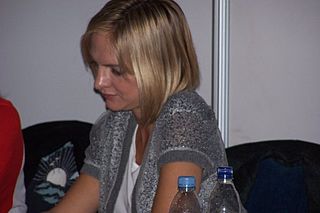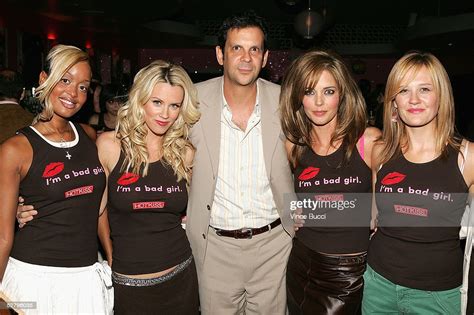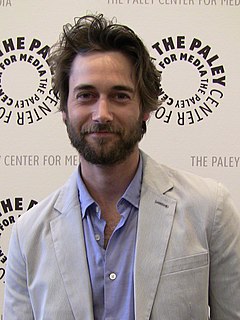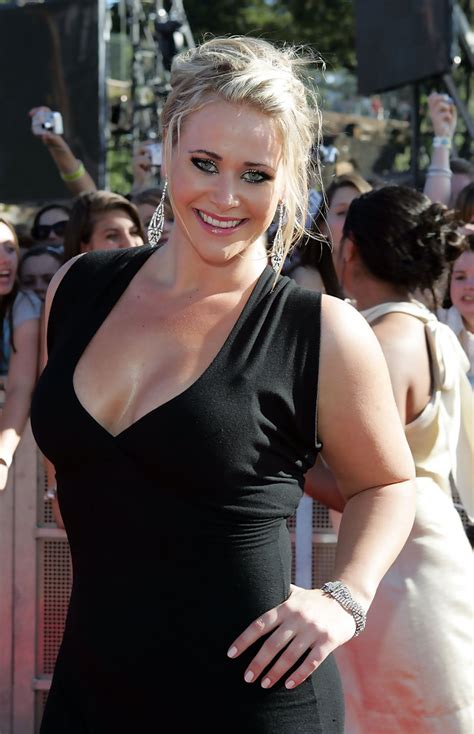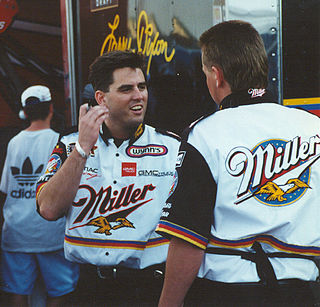A Quote by Boti Bliss
I think that what kind of is making this different is the creative group of us that has come together and we're all kind of on the same page working towards the same goal. So it is a real collaborative effort of our hearts more than it is oh you have the writer, you have the director, the producer, whatever.
Related Quotes
When we work together as a group we don't contribute individually as much as I do when I'm working on my solos. I try to give as much input when I'm working on a song or album but as a group it's kind of difficult since there are five of us. Having all of us contribute to the same extent is a little more challenging than when doing our own things.
I believe that everybody was born with a kind of uniqueness. There is never going to be somebody else with the same DNA as you, with the same experiences. There is something that you were meant to do as an individual. You have some kind of creative skill. It can either be creating your own business in some level, being a writer, an artist, whatever, or it can even be working within a company, but from within that company you're creating something.
Me and Kirby are very collaborative and it changes from film to film. The first project we worked on together, Derrida, we co-directed. The last film Outrage, I was the producer and he was the director. This film was much more of a collaboration - he is the director and I am the producer - but this is a film by both of us.
The producer can put something together, package it, oversee it, give input. I'm the kind of producer that likes to take a back seat and let the director run with it. If he needs me, I'm there for him. As a director, I like to have the producer there with me. As a producer, I don't want to be there because I happen to be a director first and foremost, I don't want to "that guy."
I'm kind of the boss. I could fire myself if I ever got out of line, and I can hire myself too which is a good thing. It gives me a responsibility to the financial realities of the picture. I'm an extremely conscientious producer and now equally as a director and it now gives me the opportunity to look at the entire movie and allow the movie to be the creative vision of the actors, the writer and myself, because I'm in charge of it from a producer and a director point of view. It gives me freedom and it gives me a certain degree of responsibility at the same time.
The cast, staff, and crew of a live theater work together toward a common goal: a good performance. Thus, theater is necessarily a group effort. However, it is never a group effort of vague fellow committee members, but of associated autocrats-a playwright, a producer, a director, a stage manager, designers, and, above all, actors. Each accommodates the others, and may overlap others in function when necessary. But each autocrat assumes distinct responsibilities and accepts them completely.
The creative process is a very collaborative process. I know it might seem that way because so much ink is spilled and the media is obsessed with business and numbers and studios... but filmmakers don't think of it that way. We just go off and we tell our stories. It's the same torture that we adore, it's the same torture that our forefathers endured making movies in the golden era of Hollywood. So, from my perspective it's no different, I'm sure, from the men and women who I admire so much who made the earliest movies.
I think I'm an extremely conscientious producer and now equally as a director and it gives me the opportunity to look at the entire movie and really allow the movie to be the creative vision of the actors, the writer and myself, because I'm in charge of it from a producer and a director point of view.
It's a lot to do with the Marvel ecosystem. It's different from the traditional studio system. Because it is, for how absurdly, incredibly successful they are, it is a family. It is a loving family. It is a group of people who only care about making things good. They don't choose directors who don't want to work with them in the way that they work. And the directors that they choose are better for having done it. Every director who comes out of that system are one kind when they come in, another when they come out. And they usually come back for more. They usually make more than one.
